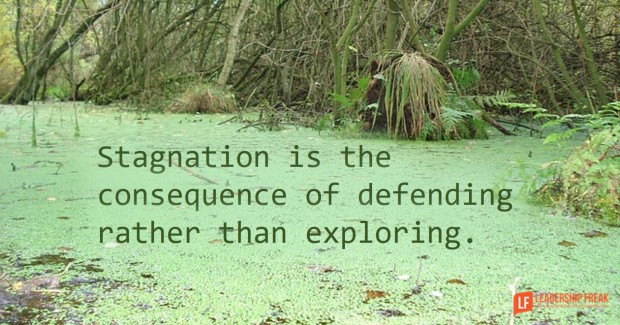"is facing its best and last chance to "get rich before getting old."
O jornal explica:
"Vietnam, a country of 102 million people, has a shrinking window in which the working-age population will still be large enough to drive rapid growth before the society ages."
O artigo continua com uma abordagem tipicamente asiática e completamente nos antípodas do mindset português, o compromisso com objectivos quantificados:
"But the party is now rushing to reach ambitious targets set by the last congress: raising per capita gross domestic product by about 70 percent to $8,500 by 2030 and building enough of an industrial economy to become a high-income developed country by 2045.
"It is very important for the party to deliver on these goals," said Nguyen Hong Hai, a political scientist at VinUniversity in Hanoi. "The Communist Party's legitimacy will be reinforced by its performance."
Basta procurar neste blogue o que se escreve sobre planos e relatórios de actividades na administração pública. Por exemplo "O plano, onde está o plano?.
Imaginem um país questionar a legitimidade de um partido para governar com base na sua capacidade de cumprir objectivos quantificados?!?!?!
Reparem, o que é que o PC vietnamita quer? Fazer com que a economia como um todo suba na escala de valor, seduzir as empresas e atrair o investimento de empresas que ainda não existem.
"The party plans to draw up a new model for economic growth, to rely less on low-skilled labor and more on science and technology."
Reparem, o que pode fazer o PC vietnamita descarrilar? O que pode pôr em causa a capacidade de cumprir este objectivo?
"Mr. Lam is seen as a potential transitional figure who could create more amenable conditions for a broader range of private enterprise. But critics stress that the party still prioritizes central control. Despite their low productivity, state-owned and state-favored companies still enjoy special treatment.
...
The country’s main challenge lies with implementing policies that build more openness, efficiency and competition, analysts say. Internally, an oligarchy of state-favored companies with low productivity represent one danger."
Num país comunista como o Vietname, o principal risco para o incumprimento do grande designio de subida da produtividade (subida na escala de valor) reside no poder, na pressão e no lobby das empresas do Estado, conhecidas pela sua baixa produtividade.
Ao chegar aqui a minha mente cínica começou a relacionar esta "oligarchy of state-favored companies" dos países comunistas com as organizações que em Portugal mais defendem o passado, mais têm medo da mudança, mais pressionam os governos para torrar impostos futuros na defesa das suas organizações de baixa produtividade... as CAPs, as AHRESPs, as CCPs, ... (há anos que lhes chamo aqui de funcionários-encapotados) e as centrais sindicais.
Estas organizações funcionam como pequenos comités permanentes de emergência: sempre que o mundo muda, exigem apoios; sempre que a concorrência aperta, pedem regras; sempre que a produtividade é baixa, reclamam subsídios. Tudo em nome da "defesa do sector", que é uma forma elegante de dizer "defesa do modelo que já não funciona".
Veja-se o caso da AHRESP: incansável na defesa de um sector assente em salários baixos, margens frágeis e produtividade insuficiente, mas sempre pronta a explicar que o problema não é estrutural — é falta de apoios, falta de mão-de-obra barata ou excesso de futuro.
Tal como certos quadros do Partido Comunista Vietnamita, estes grupos não são contra o progresso em abstracto. São apenas a favor de que ele aconteça… mais tarde. Ou, idealmente, no sector do lado. O Nuno lembrou-me ontem ao almoço a 1ª lei de Arroja. Aqui, o essencial é garantir que o Estado amortece a concorrência, suaviza a realidade e transforma a adaptação num direito opcional.
No fim, a lógica é impecável: num mundo competitivo, a melhor estratégia não é mudar, é pedir protecção. A produtividade pode ser baixa, os salários insuficientes e o modelo insustentável — desde que haja subsídios, tudo se torna ideologicamente defensável.
O problema é que o futuro, ao contrário do Estado, não concede apoios. E não espera por resoluções sectoriais.


%2015.05.jpeg)

%2013.57.jpeg)
%2009.44.jpeg)

%2008.57.jpeg)
%2010.36.jpeg)
%2018.36.jpeg)
%2013.49.jpeg)










%2006.21.jpeg)












